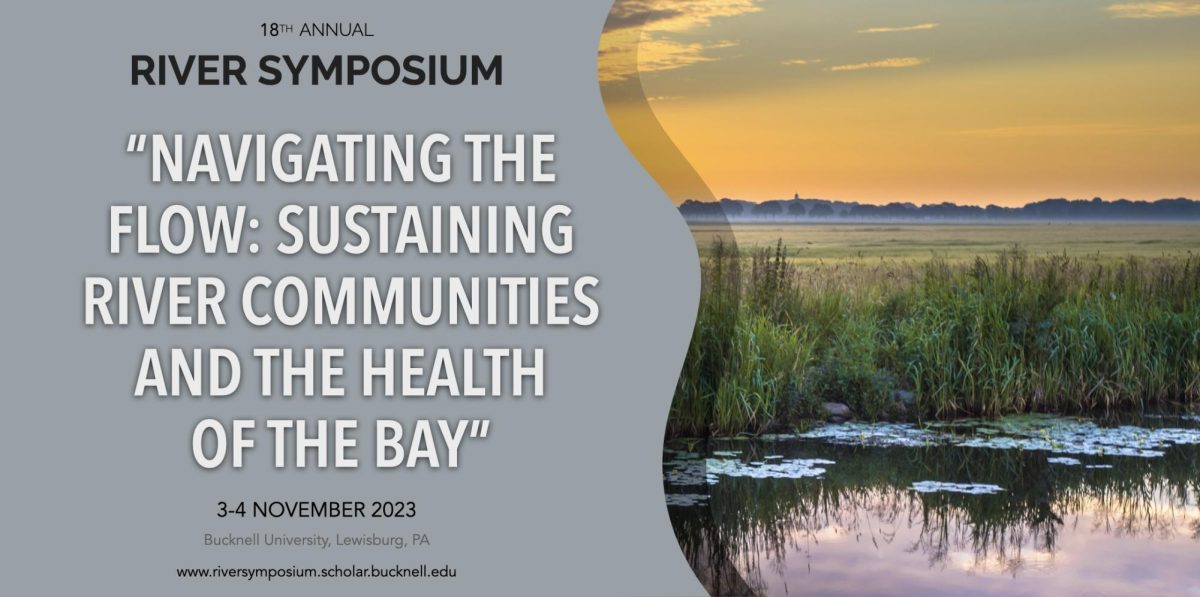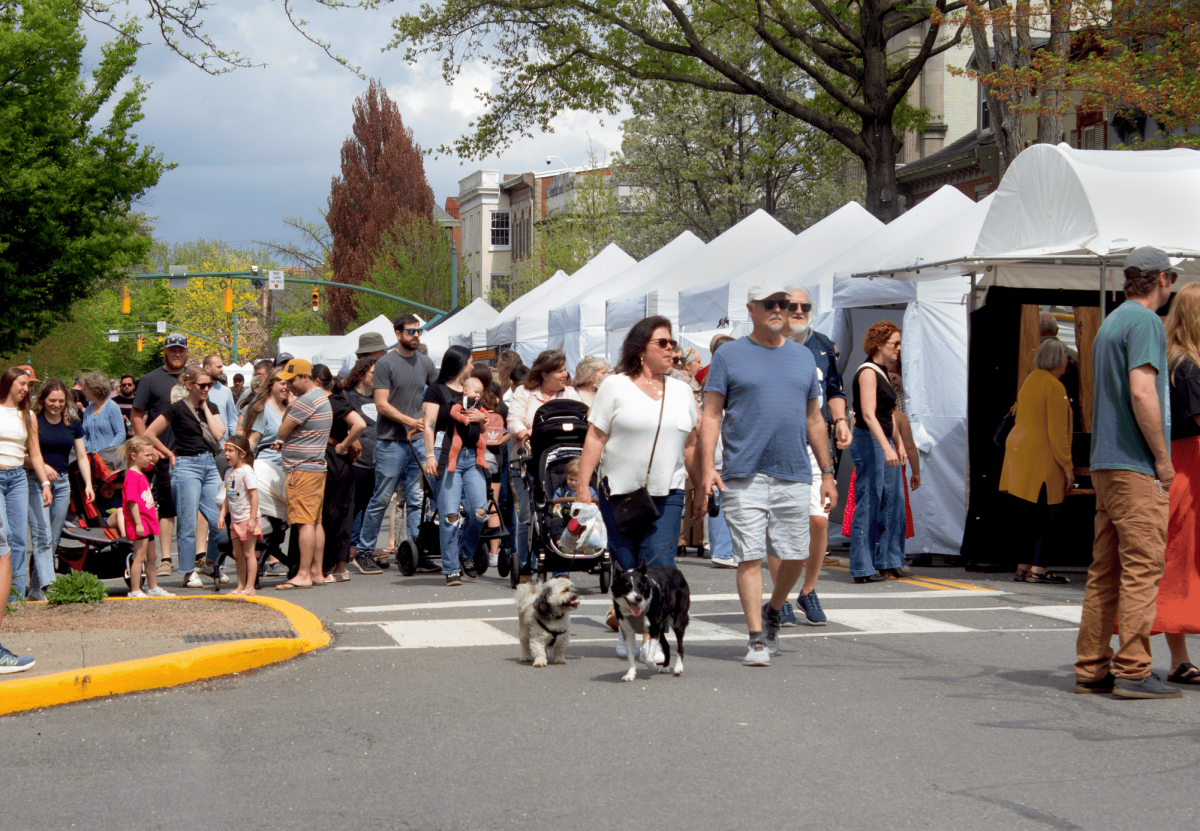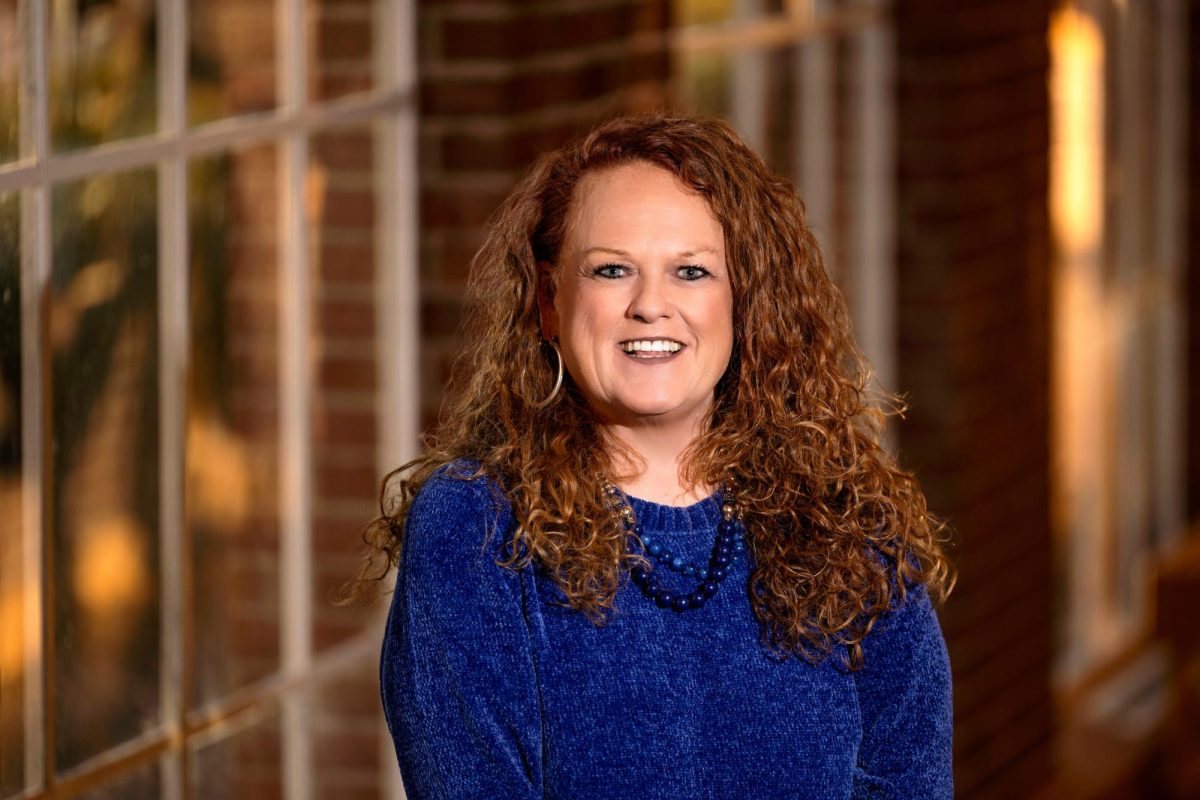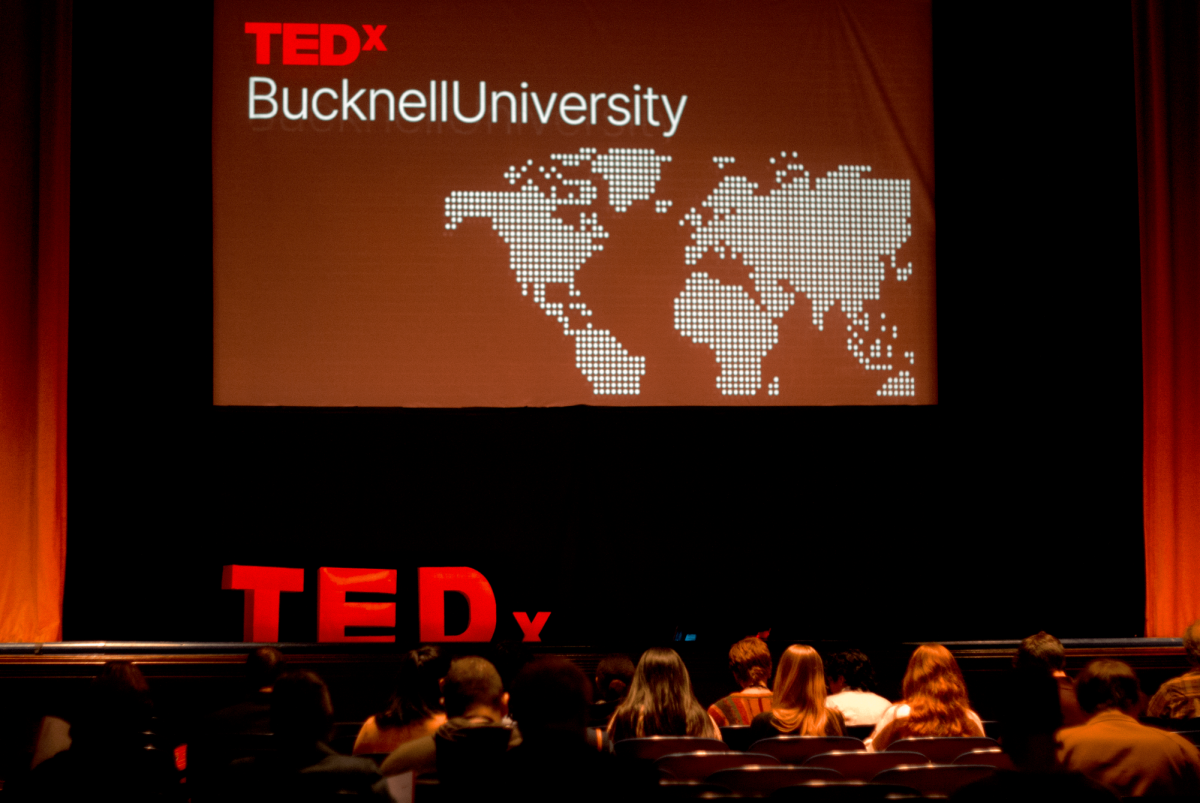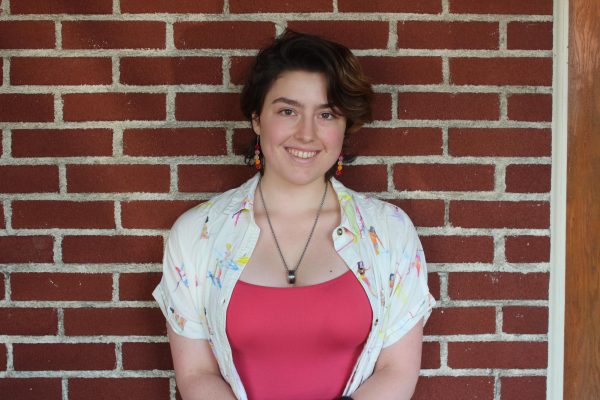Experts in the field of watershed science and engineering will present on a wide range of topics when the Bucknell Center for Sustainability & the Environment (BCSE) hosts the 18th Annual Susquehanna River Symposium on Friday, Nov. 3 and Saturday, Nov. 4 in the Elaine Langone Center (ELC).
This year’s theme, “Navigating the Flow: Sustaining River Communities and the Health of the Bay,” includes topics such as water quality, river and bay health, watershed conservation, plant and aquatic ecosystems, science and management priorities and social-ecological dynamics. The event will highlight and promote collaborative partnerships focused on improving the health and resilience of streams and aquatic ecosystems. Plenary addresses and breakout discussions will explore people’s spiritual, recreational and ecological connections to rivers.
Rivers from across the world will be featured in oral and poster presentations from faculty, students and professionals. Members of the general public can interact with academics and professionals through presentations and breakout discussions.
“This symposium draws together people from all walks of life who share a common interest in rivers, watersheds, communities and the connections therein,” says Professor Benjamin Hayes, Director of the BCSE’s Watershed Sciences & Engineering Program and symposium chair. “It also offers a time and a place where the public can interact with academics, professionals and regulators, who are all working toward the same goal—ensuring the Susquehanna and the Chesapeake Bay remain healthy for generations to come.”
Denise Heller Wardrop, Executive Director, Chesapeake Research Consortium and Research Professor of Ecology and Geography at Penn State, will be the keynote speaker at 7:30 p.m. on Nov. 3 in the ELC Forum (Room 272). A world-renowned scientist and engineer working in both the Chesapeake and Everglades ecosystems, Wardrop studies the ways human activities impact natural systems and impede their ability to provide ecosystem services.
After Wardrop’s keynote and continuing until 10 p.m., more than 100 students and faculty from over 15 colleges and universities throughout the Chesapeake Bay watershed will present research posters in the ELC Terrace Room. Exhibitors from 12 watershed groups and environmental organizations will also be present.
Oren Lyons, Chief and Faithkeeper, Onondaga and Seneca Nations, Haudenosaunee Confederacy, will kick off the symposium with an address entitled “Sacred Rivers” at 7:15 p.m. in the ELC Forum. A former professor of American Studies at the University of Buffalo, Lyons is a leading Indigenous Peoples member of the United Nation’s Human Rights Commission.
On Saturday at 9 a.m., Lyons will deliver a plenary address entitled “What the Ancient Stories Teach Us.” At 9:30 a.m., William Dennison, Professor of Marine Science and Interim President of the University of Maryland Center for Environmental Science, will also deliver a plenary address entitled “Charting the Course to a Healthy Chesapeake Bay: What Does Our Map Tell Us?”
At 1 p.m. that day, John Clune, research hydrologist with the U.S. Geological Survey, will deliver a plenary address entitled “Science to Inform Management Priorities,” and starting at 1:30 p.m., Harry Campbell, Director of Science Policy and Advocacy for the Pennsylvania Office of the Chesapeake Bay Foundation, will deliver a plenary address entitled “Guardians of the Watershed: Helping Improve the Susquehanna and Chesapeake Bay Ecosystems.”
Each set of talks will be followed by breakout discussions where symposium participants interact with the speakers. Faculty facilitators will help synthesize the breakout discussions with the goal of sharing their outcomes with the Scientific and Technical Advisory Committee of the Chesapeake Bay Program.
Saturday afternoon’s program will include additional oral presentations from 11 a.m. to noon and 3 to 4 p.m. in the ELC. Awards will be given for the best student poster and oral presentations on both days.
Additional information is available on the symposium website.



















